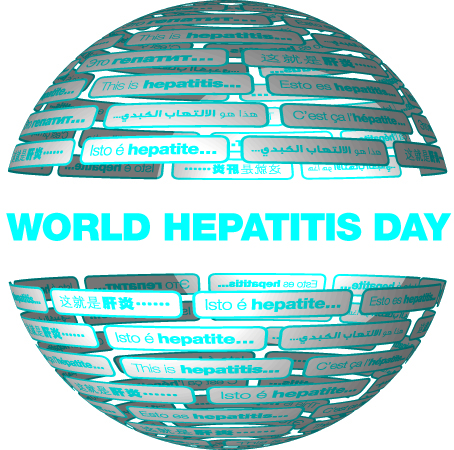Statement by the Secretary-General of the OACPS on the occasion of World Hepatitis Day 2021
 Brussels, 28 July 2021/OACPS: On the occasion of World Hepatitis Day, which is observed annually on 28 July to raise awareness of viral hepatitis, an inflammation of the liver that causes severe liver disease and hepatocellular cancer, the Secretary-General of the Organisation of African Caribbean and Pacific States (OACPS), H. E. Mr. Georges Rebelo Pinto Chikoti, supports this year’s theme, “Hepatitis can’t wait”, which conveys the urgent necessity to eliminate viral hepatitis as a public health threat by 2030, even in the current COVID-19 crisis.
Brussels, 28 July 2021/OACPS: On the occasion of World Hepatitis Day, which is observed annually on 28 July to raise awareness of viral hepatitis, an inflammation of the liver that causes severe liver disease and hepatocellular cancer, the Secretary-General of the Organisation of African Caribbean and Pacific States (OACPS), H. E. Mr. Georges Rebelo Pinto Chikoti, supports this year’s theme, “Hepatitis can’t wait”, which conveys the urgent necessity to eliminate viral hepatitis as a public health threat by 2030, even in the current COVID-19 crisis.
The Secretary-General underlines the importance for the global community not to relent on the existing responses to communicable diseases such as viral hepatitis, noting the disruptions caused to health services due to the current global COVID-19 pandemic.
Of the five main strains of the hepatitis virus – A, B, C, D and E, hepatitis B and C, together, are the most common, resulting in 1.1 million deaths and 3 million new infections globally per year. All relevant stakeholders should therefore be called upon to design and implement the necessary policies and strategies aimed at accelerating efforts to eliminate hepatitis by 2030.
In this regard, Mr. Chikoti supports the key messages by the World Health Organisation (WHO) to policy makers, particularly in the Member States of the OACPS; namely, that:
- integrating the elimination of viral hepatitis with other health services cannot wait;
- funding hepatitis care cannot wait;
- triple elimination of mother-to-child-transmission of HIV, hepatitis B and syphilis cannot wait;
- validating the efforts to eliminate hepatitis in countries cannot wait;
- universal health coverage for all people with hepatitis cannot wait; and
- starting now means saving lives.
The Secretary-General reiterates that the OACPS, through its development partnership with the European Union, will continue to support the strengthening of health systems in its Member States in order to address the prevention and elimination of communicable diseases such as viral hepatitis, as well as achieving Universal Health Coverage (UHC).
Image: www.thervacb.eu
